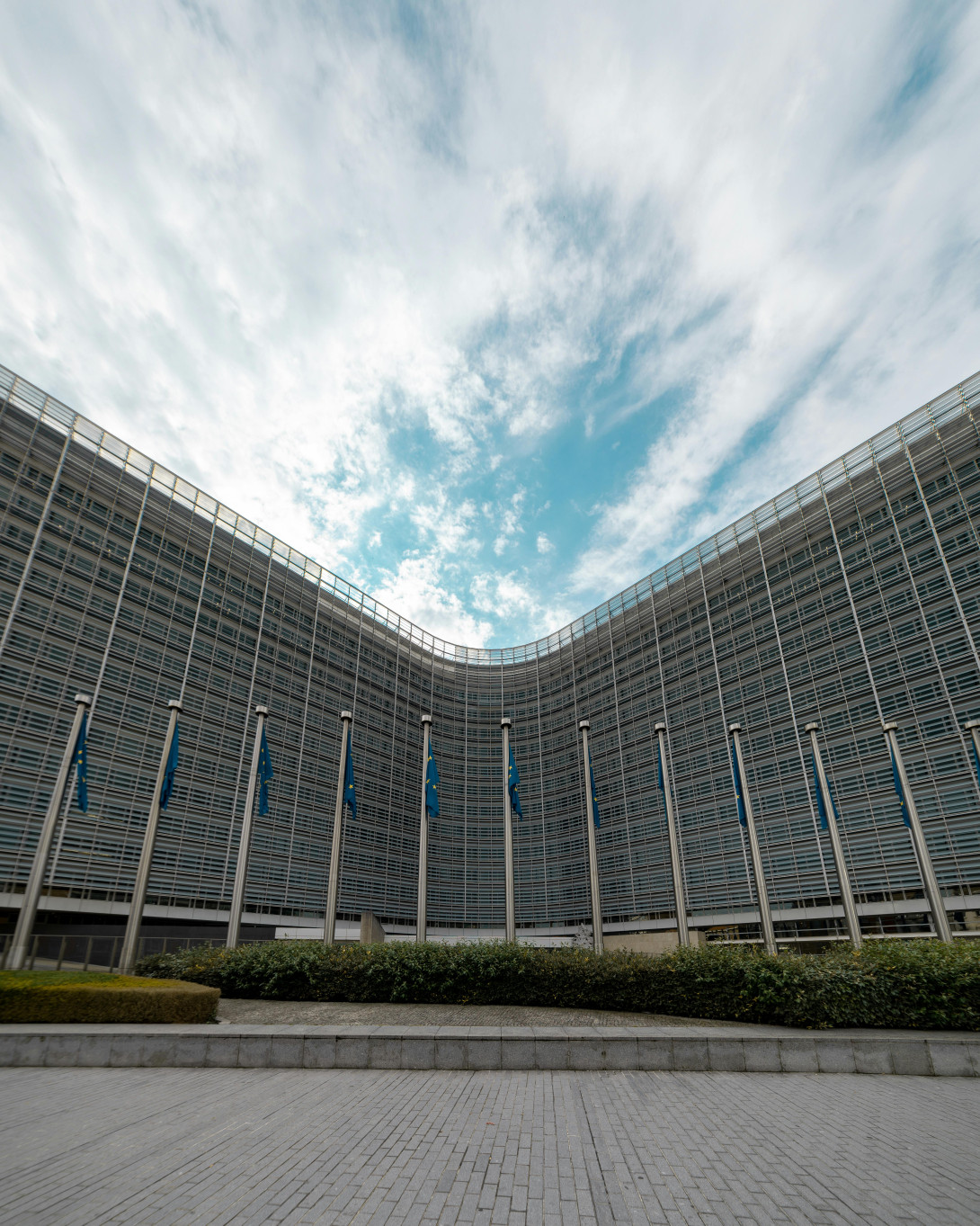
In the rapidly evolving realm of Artificial Intelligence (AI) and data governance, significant policy challenges arise. These challenges are particularly prominent in relation to governance mechanisms currently being developed at the European level. These mechanisms encompass open source development, standards, and regulatory sandboxes, all of which are critical components in the broader landscape of AI and data governance.
The European Union's AI Act
The European Union's AI Act, specifically Article 10, provides a comprehensive framework for data governance in the context of high-risk AI systems. This article emphasises the importance of training, validation, and testing data sets that meet specific quality criteria. These criteria include appropriate data governance and management practices, relevant design choices, data collection, data preparation processing operations, and a prior assessment of the availability, quantity, and suitability of the data sets needed.
The GLACIATION Project: Addressing Policy Challenges
The GLACIATION project, funded by Horizon Europe, is actively addressing these policy challenges. Our mission is to address the limitations and improve the energy, cost, and efficiency of storage optimization. We propose an energy-aware storage optimisation approach which combines relevancy and resource elasticity to optimise data placement in a distributed edge infrastructure.
Data-Centred Approach
Our approach is data-centred and considers the data lifecycle. It utilises the relevancy of the data to ensure efficient and cost-effective data movement while still meeting the security, privacy, latency and reliability requirements of edge applications. We are developing a platform that reduces energy consumption for data processing and analytics through AI-enforced minimal data movement operations.
The GLACIATION Platform and the Distributed Knowledge Graph
This platform, enabled by a Distributed Knowledge Graph (DKG) that spans across the edge-core-cloud continuum, allows for data collection, relevant data preparation processing operations such as annotation, labelling, cleaning, enrichment, and aggregation, a prior assessment of the availability, quantity, and suitability of the data sets that are needed, and the identification of any possible data gaps or shortcomings, and how those gaps and shortcomings can be addressed. The metadata fabric and DKG are particularly relevant when it comes to the protection of data which can be used for training.
Open Source Development and Regulatory Sandboxes
In terms of open source development, the GLACIATION project contributes to the broader ecosystem by developing technologies that can be utilised by other projects and organisations. Our platform's design and implementation are guided by standards that ensure interoperability and ease of integration with other systems.
For regulatory sandboxes, the GLACIATION platform can serve as a testing ground for new AI and data governance policies. The platform's data-centred approach, combined with its robust data governance and management practices, make it an ideal environment for testing and refining regulatory measures.
Ethical AI and Data Governance
In line with the principles for Ethical AI, we believe that AI should be beneficial, equitable, transparent, responsible, and accountable. While our project is data-centred, the metadata fabric and DKG can be used by data owners and users of the GLACIATION platform to ensure that AI applications are honest, fair, and equitable, designed to avoid unfair biases and guard against prejudice, discrimination, and the marginalization of vulnerable populations.
Transparency in AI
We also believe in the importance of transparency in AI. Our project aims to be explainable, traceable, and transparent, providing users with appropriate disclosures and control over their interactions with AI and its use of their data.
Privacy and Security
Furthermore, we respect users’ expectations of privacy and security. Privacy and security principles are incorporated in the design, development, and use of our AI applications. We also ensure that our AI systems, processes, and data are technically robust and designed to secure against malicious actors and unintended uses.
Accountability and Compliance
Lastly, we hold ourselves accountable for the implementation and use of AI. Our development and implementation of AI applications are periodically reviewed by internal legal, ethics, technical, and business professionals to ensure ongoing compliance and transparency.
Conclusion
In conclusion, navigating policy challenges in AI and data governance requires a concerted effort from all stakeholders. In GLACIATION, we are committed to this cause and will continue to work towards developing solutions that are in line with the EU's AI Act and contribute to a more sustainable and privacy-conscious future. By providing a platform that not only addresses the challenges of data governance but also contributes to the open-source community and serves as a regulatory sandbox, we aim to push the boundaries of what is possible in AI and data governance.
The GLACIATION project is a testament to the power of collaboration and innovation in addressing the complex challenges of AI and data governance. By leveraging the power of AI and the potential of data, we are creating a platform that not only meets the requirements of the EU's AI Act but also provides a robust and efficient solution for data storage optimisation.
Our commitment to transparency, privacy, and security is at the heart of our project. We understand the importance of these principles in the context of AI and data governance, and we strive to uphold them in all aspects of our work. Our platform is designed to provide users with control over their interactions with AI and its use of their data, and we incorporate privacy and security principles in the design, development, and use of our AI applications.
The GLACIATION project is more than just a technological initiative. It is a commitment to ethical AI, responsible data governance, and the creation of a more sustainable and privacy-conscious future. It is a testament to what can be achieved when technology is used responsibly and ethically, and it is a model for other projects and organisations in the realm of AI and data governance.
As we continue to develop our platform and address the challenges of AI and data governance, we remain committed to our mission and vision. We are excited about the potential of the GLACIATION project, and we look forward to contributing to the ongoing dialogue and development in the field of AI and data governance.